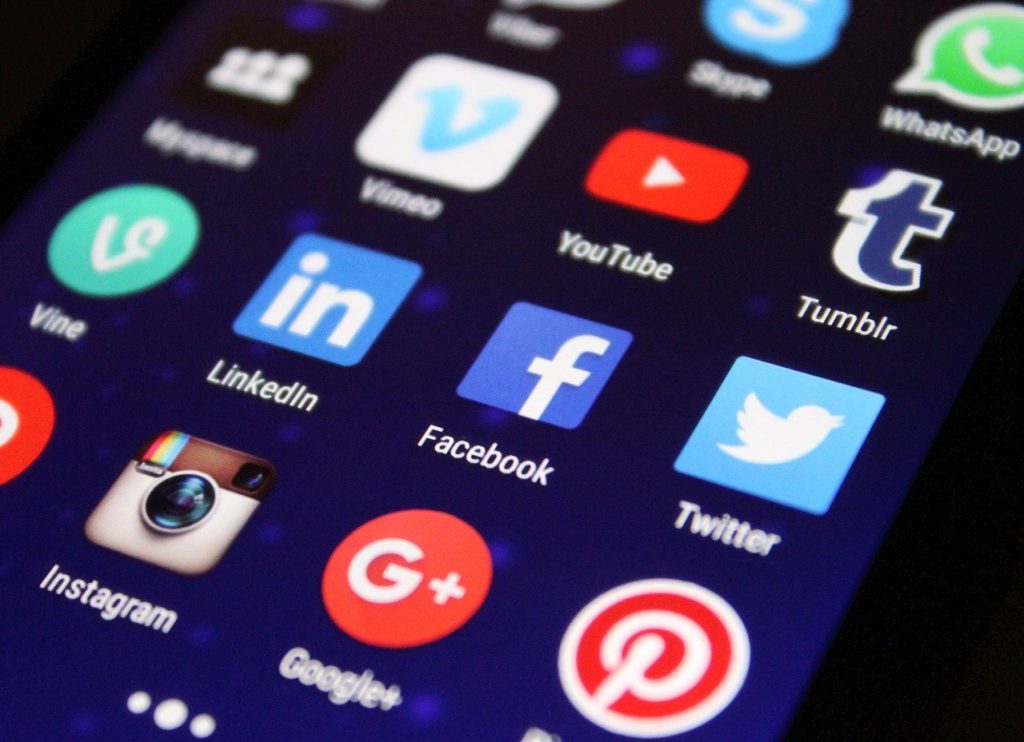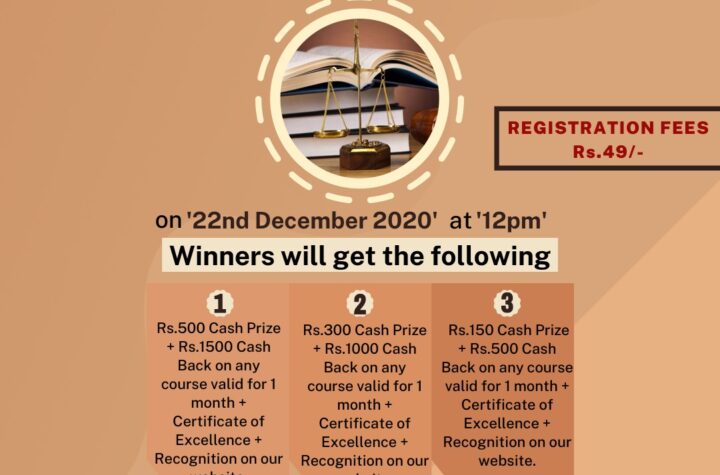Delhi High Court on Tuesday declines any interim relief to Lt. Col. PK Choudhry who had filed a petition challenging the order issued by the Indian Army on June 6 to all it’s personnel to remove 89 mobile applications, including Facebook and Instagram or resign from service. Justice S Endlaw and Asha Menon formed the divisional bench.
Referring to yesterday’s argument where Lieutenant Colonel P K Choudhary contended that once deleted all the data, contacts and friends in his FB account would be ‘irretrievably lost’ and the loss would be ‘irreversible’.To which the bench responded- “You can always create a new one. It cannot work like this. You are part of an organisation. You have to abide by its mandate,” It further said, “If you are so dear to FB, then put in your papers. See you have to make a choice, what do you want to do. You have other choices which are also irreversible.”
What does the petition argues:
Lt. Col.Choudhary’s petition argues that the policy in its entirety is not unconstitutional but the provisions for banning the social media abrogates the fundamental right to freedom of speech and the right to privacy of the soldiers and also is “illegal, arbitrary and disproportionate.”
The plea stated that the soldiers uses the social networking platforms to connect with their families and close ones while they are posted in the remote locations. This establishment of virtual connection bridges the gap of physical distance between the soldiers and their family, friends and loved ones. Including being able to view pictures and videos of events like birthdays, weddings and other events of cultural significance that they would miss.
Plea included that this act of banning of these social networking apps and deletion of the accounts of the soldiers was a clear violation of Article 14 of the Constitution of India, which ensures Equality before law and that the State shall not deny to any person equality before the law or the equal protection of the laws within the territory of India and prohibition of discrimination on grounds of religion, race, caste, sex or place of birth
Advocate Shivank Pratap Singh states that the Army’s order was discriminatory and was in violation to right to equality as the sensitive information not just lies with Army personals but also with members of civil society, politicians and civil servants.
Violation of right to freedom of speech and expression
Article 19(1)(a) of Indian Constitution states that all citizens have the right to freedom of speech and expression and freedom of Speech and expression means the right to express one’s own convictions and opinions freely by words of mouth, writing, printing, pictures or any other mode.
The petition lays down relevance on the judgment of Tripura High Court which held that being able to post opinion on social networking platform like Instagram and Facebook is part of the fundamental right to freedom of speech and expression.
Violation of right to Privacy
The right to privacy is protected as an intrinsic part of the right to life and personal liberty under Article 21 and as a part of the freedoms guaranteed by Part III of the Constitution. The petition states that the directives to delete existing accounts is violative of the right to informational privacy. It also affects the soldier’s ability to have a social life which is one of the key aspect of right to life under article 21 and rule of law.
Section 21 of the Army Act enables the Central Government to create rules to restrict the fundamental rights of soldiers is not a wide open power.
Permissible restrictions of Soldier’s Right:
Article 33 empowers the Parliament to restrict or abrogate the fundamental rights of the members of armed forces, paramilitary forces & analogous forces. Main aim for this provision is to ensure the proper discharge of their duties and to maintain discipline amongst them. The petition argues that it is the Parliament that has the power to restrict and abrogate the fundamental rights of the soldiers in the form of a law. But, here the same was not done by the Parliament but by the Executive i.e. the Ministry of Defense which lacked the authority to do so
Security Considerations:
The issues focused while the order of banning the use of these apps by the Army and Centre was that the photos, videos or any kind of information posted on such social platforms can be used to obtain military information and are identified as a security threat. Back in February, similar decision to ban social networking sites was made by the Indian Navy, following the revelation of several officers had fallen for honey traps.





